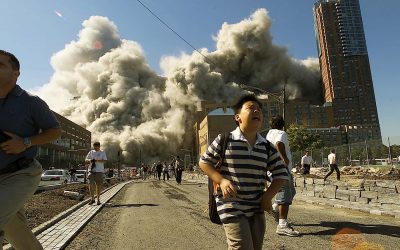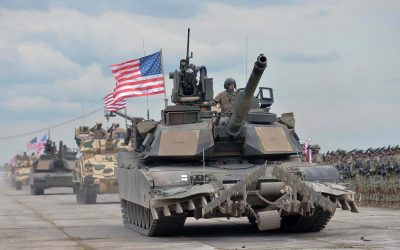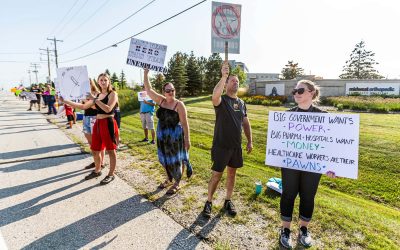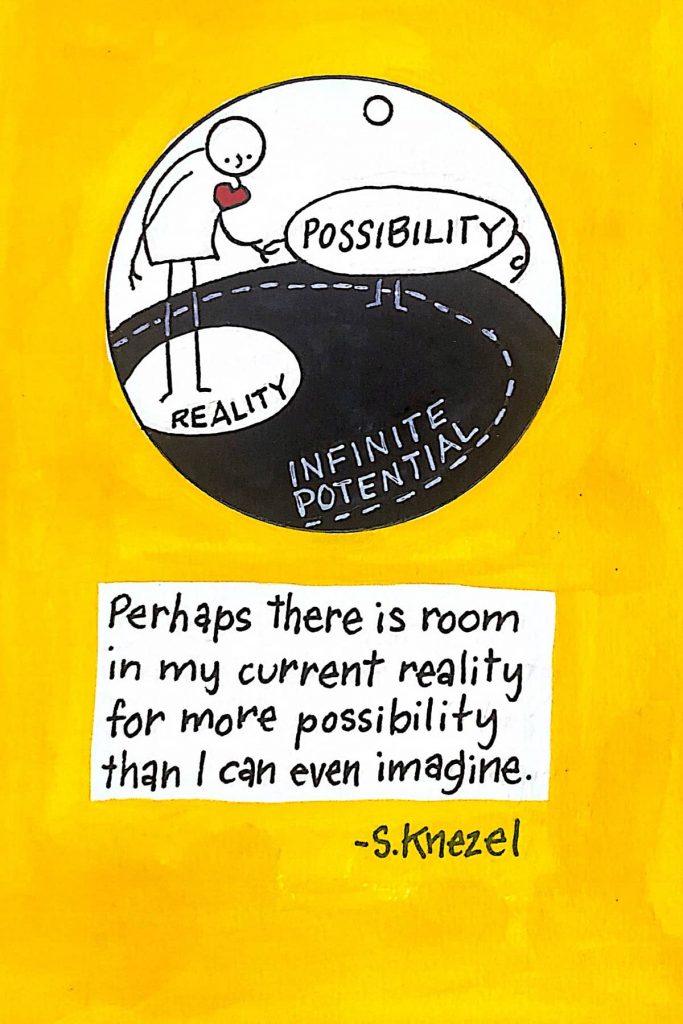Why the United States occupied Afghanistan for two decades even after the Taliban surrendered in 2001
At a U.S. Special Forces camp near Kandahar, Afghanistan, on December 5, 2001, the Taliban offered an unconditional surrender. Furthermore, they would disband and disarm: a military force would no longer exist. George W. Bush ignored the offer and continued attacking...
Money Hustling: Trump proves that sedition, treason, and conspiracy theories are pretty profitable
Donald Trump’s penchant for turning his political and legal troubles into fundraising schemes has long been recognized, but the former US president’s money hustling tricks seem to have expanded since his defeat by Joe Biden, prompting new scrutiny and criticism from...
Toxic Dust Exposure: Why lessons from the chronic health conditions of 9/11 survivors have been ignored
By Roberto Lucchini, Professor of Occupational and Environmental Health Sciences, Florida International University The 9/11 terrorist attack on the World Trade Center in New York resulted in the loss of 2,753 people in the Twin Towers and surrounding area. After the...
What America really values: $21 Trillion has been spent on militarism at home and abroad since 9/11
“We invaded Afghanistan to fight a terrorist group, Al Qaeda, that attacked us. As we leave, we’re attacked by another terrorist group, ISIS, worse than Al Qaeda, a which didn’t exist when we invaded. I’ve said it before: all the War on Terror...
Health care’s blind spot: Despite dire risks many nursing home staff in Wisconsin reject COVID vaccine
Hannah Miller, a nursing student and employee of a long-term care facility received her first dose of the COVID-19 vaccine on August 23, and not voluntarily. “(The vaccine) hasn’t been out long enough to know what long term effects are,” Miller said. “We don’t...
COVID-19 hospitalizations across Wisconsin hit levels not seen since before vaccines were widely available
Hospitalizations of COVID-19 patients in Wisconsin have reached a level not seen since January, prompting a renewed call for the public to get vaccinated as the more contagious delta variant drives cases up. State data shows half the hospitals in Wisconsin have...
20 Years after 9/11: The real threat to freedom and democracy is from America’s violent far right
On 6 January, a mob including White Supremacists and far-right militants stormed the U.S. Capitol as lawmakers were certifying Joe Biden’s election victory. The attack followed mass shootings by white supremacists, like in El Paso in 2019 and a Pittsburgh synagogue...
Wilkie James and the 54th Massachusetts: From the carnage of Fort Wagner in 1863 to a life in Milwaukee
The five children of Henry James Sr. include some of America’s greatest thinkers. Henry’s oldest son, the philosopher and educator William James, is considered the father of American psychology. His second son and namesake Henry James Jr. wrote 22 novels, hundreds of...
Medieval Imagery: Why White Supremacists and QAnon cultists are obsessed with the Byzantine Empire
By Roland Betancourt, Professor, University of California, Irvine From Charlottesville to the Capitol, medieval imagery has been repeatedly on show at far-right rallies and riots in recent years. Displays of Crusader shields and tattoos derived from Norse and Celtic...
Fair Elections: Multiple lawsuits compete for how Wisconsin’s voting maps will be drawn
The legal wrangling in multiple lawsuits brought by liberal and conservatives groups has intensified in recent days as activists fight over how the state’s new legislative districts will be drawn and who will draw them. Several lawsuits have already been filed in...
Federal lawsuit seeks years of unpaid benefits denied disabled people due to discriminatory Wisconsin law
A group of disabled Wisconsin residents are looking to overturn a Wisconsin law keeping people who collect Social Security Disability Insurance benefits from also receiving unemployment funds after getting laid off. The class-action lawsuit seeks compensation for...
Security Kabuki: An entire generation of Americans have no memory of how easy air travel used to be
By Janet Bednarek, Professor of History, University of Dayton During the mid-1990s I traveled between Dayton, Ohio, and Washington DC, twice a month during the school year as half of a commuting couple. I could leave Dayton by 5:15 p.m., drive nearly 80 miles to the...





















